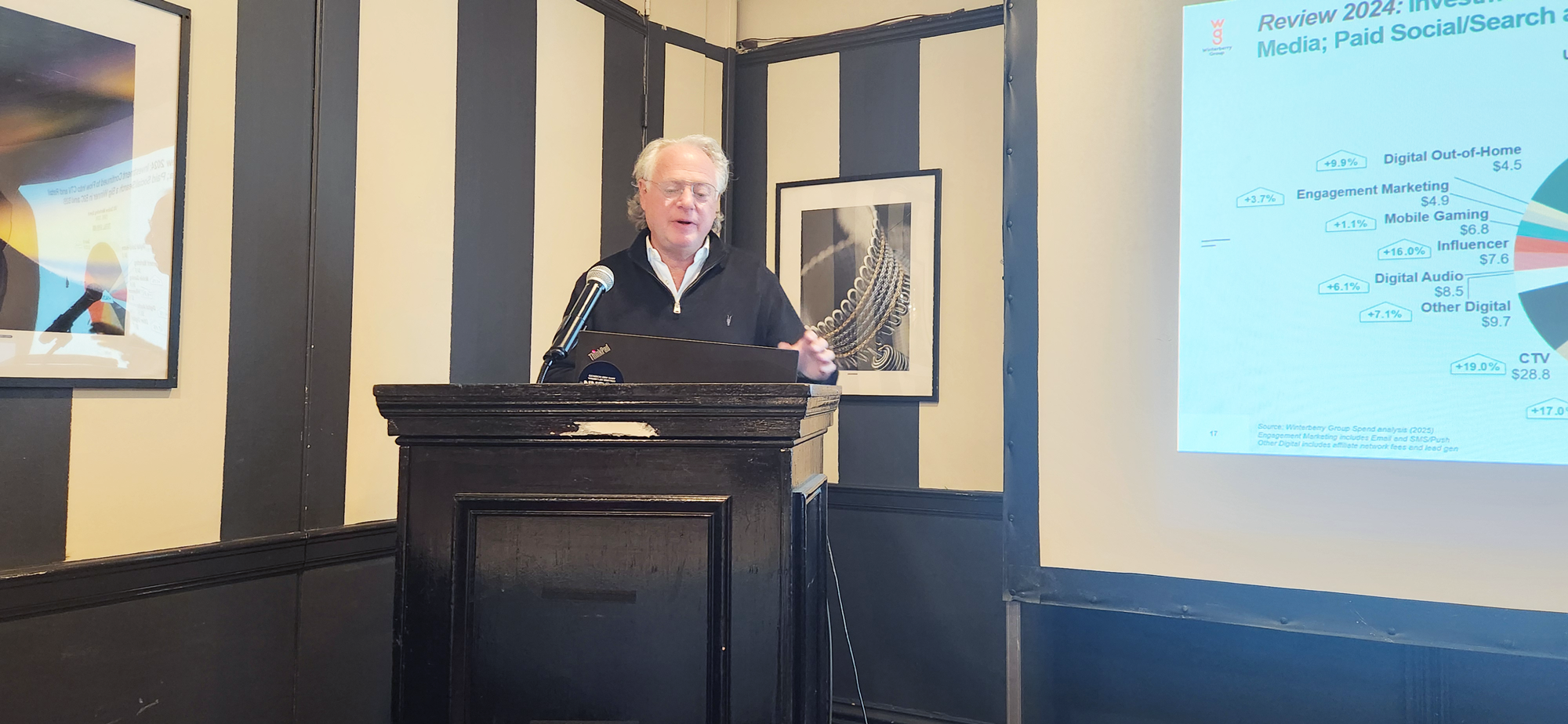

Provocateur:
The economic impact of COVID-19 is undeniable. When people are forced by law to stay confined to their homes, with some missing out on work through redundancy or furlough, it curtails their ability to purchase from both a financial and transactional standpoint. There are shocks to retailers and manufacturers as a result, as well. All of this combined has brought commerce to a near standstill.
Adtech is reliant on the constant, and previously ever-growing, demand from companies to persuade consumers to purchase what they’re selling. As such, we have seen across the board a serious downtick in ad dollars flowing through the ecosystem—even media giants Google and Facebook were impacted by this.
As with all downturns, companies that have had a poor product or market fit or seriously bloated infrastructure will suffer—and adtech is no different. Although, in some ways, adtech may be negatively impacted even more due to the years of VC investment hoping to back the next unicorn.
However, as interest rates dive ever deeper, there may be possibilities for companies to access this cheap cash via banks or VCs eager to add to their balance sheets. But this may only defer their ultimate demise.
Over the coming 12 months, we will see a shakeout, both in terms of bankruptcies and acquisitions; it’ll be corporate Darwinism at hyper-speed. Hopefully, this will be a good thing, where savvy businesses with smart practices succeed and the poor ones fail or get gobbled up.
Through the clear-out and consolidation of the adtech industry, we will start to see advertisers look for a holistic view of all their spend across different media channels and gain a birds-eye view of their marketing spend and impact. We may very well see several large players look to offer this via a single dashboard and a standardized measurement of success.
From the brand side, we should see companies demand far more of their supply chain and partners. Every penny of cost should be accounted for, and all partners must be forced to validate the role they purport to play. There won’t be room for easy money or passengers in a post-COVID world. Chief financial officers in boardrooms all over the world will increase their scrutiny of all marketing spend, ensuring that it is efficient for them, in addition to delivering on value.
As part of this, we should hear the clarion call of financial transparency get louder and louder. No longer will adtech suppliers be able to talk their way around selling black-box solutions without justifying their margins and the “value” they bring. We are at a crucial point in the ad industry, where transparency should no longer be a “nice to have.” It should be an absolute must—and organizations that have operated with the mindset that as long as they’re demonstrating results, they would be able to opt out, will be found out.
As old media transforms into new media with the likes of programmatic in both connected TV and digital audio, this need for financial transparency and accountability will continue. Advertisers will want to ensure a short and symmetrical supply chain with the minimum number of players in that chain to reduce waste, yet still be able to maintain scale. Every ad dollar will need to be accounted for, and without the disinfecting sunlight of transparency, it will be hard to see, never mind get rid of, the arbitrageurs or fraudsters.
Cashflow management will be top of mind for many companies, but employees, suppliers, and tax collectors won’t put up with deferred payments at the expense of more R&D. This will put many in the adtech sector in somewhat of a bind. Agile leadership will be required to navigate these times, as will strong relationships up and down the value chain.
There’s little point in trying to gloss over the seismic change we are seeing in front of us. Times may be tough for everyone, but by focusing on best practices, keeping our marketing stories in tune with our actual practices, and being savvy, we should ultimately come out of this wiser for the collective experience we are all going through.
There is a light at the end of this tunnel; companies that are willing to tune in to this new paradigm, clearly articulate it to the market, and execute their business value successfully will ultimately triumph—and we should all, including the end consumer, be better off for it.
Adtech isn’t dead, it’s just transforming…rapidly.

About the Author
Jon Walsh, SVP, strategy Europe, at ENGINE Media Exchange (EMX), leads the company’s European growth and expansion of EMX, ENGINE’s technology and programmatic solution. Walsh’s 20+ year career in digital advertising includes being an entrepreneur with two exits and an angel investor. In addition, he is a published author, contributing to the highly successful Understanding Digital Media series of books.








